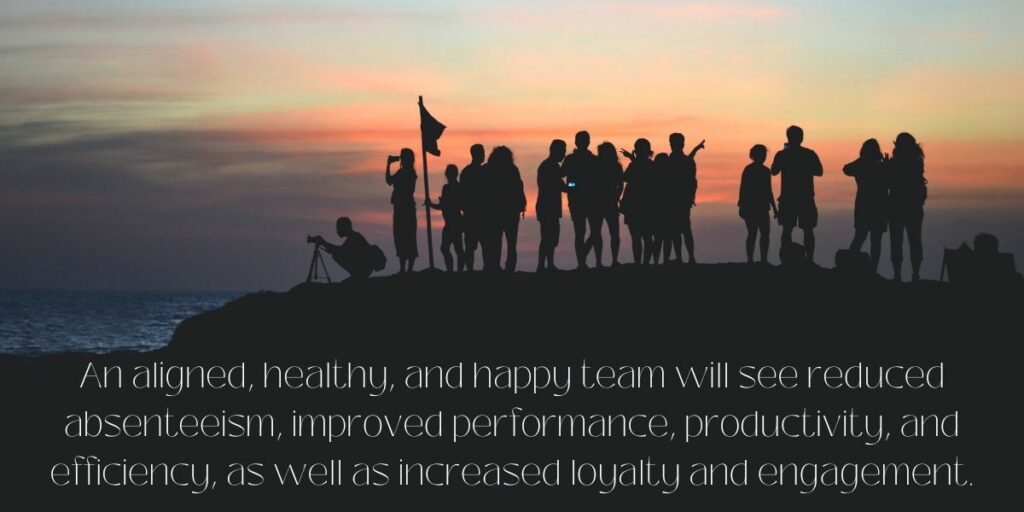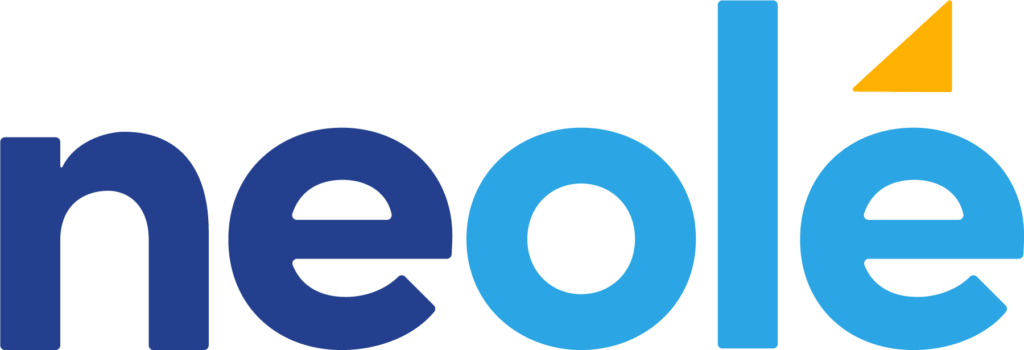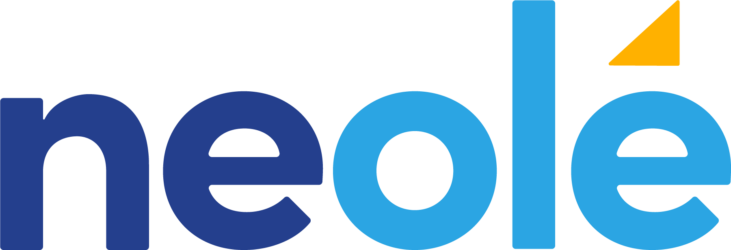It’s no secret that we’re more productive when we feel healthy.
In fact, 38% of employees who participated in workplace health programs have reported a decrease in sick days.
Workplace health has been a work-in-progress since before the industrial revolution. Did you know that leaders have been taking action and implementing improvements since the early 1800s? There are even written reports of worker health concerns dating back almost two hundred years!
Industries, work styles, and culture have all evolved in the centuries since, but one fact remains unchanged: worker health is vital to businesses and supporting wellness practices has a major impact on productivity and team success.
Forget About Fitness Games and Diet Tips
An overwhelmed or burnt out team member is experiencing tension that transcends physical troubles. They are also likely to be mentally overwhelmed, emotionally taxed, and possibly even lacking balance and personal boundaries. It’s important to understand that wellness has many elements, and an organization that values and prioritizes workplace health should recognize them all to have the greatest impact.
Before remote work, the impact of social wellbeing was much less obvious. Social wellbeing is extremely important. When social wellbeing is strong on your team, you’ll see people trust one another. They become comfortable asking for help and are moved to support one another. These team members are collaborative, creative and lift each other up.
Beyond diet and exercise, physical wellbeing is also influenced by your ergonomic setup and sleep habits, as well as things that impact your vision and hearing. It affects your energy and ability to focus, and it has a major impact on your mental wellness. Those who care for their physical wellbeing can concentrate on difficult tasks at any time of day, be free from aches, pains or physical discomforts, and avoid recurring illnesses.
Intellectual wellbeing impacts your ability to be productive and a creative problem solver, regardless of whether you are working from home or at the office. It’s important to feel both capable and challenged. Efforts to preserve this area of wellbeing result in improved memory, focus, and decision-making. Both team leaders and employees need to feel intellectually engaged, connected to, and challenged by their role in order to thrive.
Finally, most of us aren’t strangers to emotional wellbeing. Also related to mental wellness, good emotional health allows you to navigate complex emotions, manage stress, and approach difficult situations with a constructive mindset. Emotional wellbeing even impacts physical health and motivation. Feeling emotionally well doesn’t mean that you are always happy and cheerful, it means that you are able to experience a variety of emotions without getting stuck in any one emotional state.
Team members and their leaders struggle with wellbeing, especially since the switch to remote and hybrid work has reduced the opportunity to connect. Often, leaders are protecting their teams from stressors in the organization or taking on more to support their employees. Leaders who feel a personal responsibility for their team sometimes even prioritize the team’s wellbeing above their own, which can leave them feeling overstretched.

Overcoming through Connection
Great solutions happen through connection and collaboration.
It’s important for leaders to connect with team members individually to understand each person’s individual needs, values, and boundaries. Needs may include requests for accommodation, support, or understanding, while values may refer to individual belief systems based around their understanding of what wellness means to them. It’s important to discuss boundaries, as they establish what someone is comfortable doing or discussing.
Through these conversations you will build trust and can proceed with sharing workplace health initiatives that are genuine, collaborative and ultimately effective on your unique team.
The Big Picture
Once you understand your team better, you will have more direction to initiate sustainable workplace health programs.
So, what does that look like? The formula will always vary from team to team, but we have some foundations to share from leaders whose hybrid and remote teams are thriving:
1. A true commitment to team wellbeing. Team members individually, leaders, and the organization should all be committed to the cause. Everyone has a role to play and everyone makes an impact, from accountability to execution of events.
2. A bottom-up approach. It’s not a leader’s role to unilaterally decide what wellbeing will look like or what practices to put into place for the team. The whole team should be involved in ideating and deciding on what wellbeing looks like, what enables team members to commit to their own individual wellbeing, and what types of workplace practices enable the team to be high performing.
3. A creative mindset. Since wellness needs are so individual, conventional systems won’t often work. Creative thinking and patient teamwork is vital in finding and experimenting with solutions for the whole team.
Let it Evolve
A truly effective workplace health program should evolve as the team grows. So, how can you track the progress and the changes?
Well, have you heard of a Living Team Charter?
A Living Team Charter lays out the team’s shared values and mission, and outlines how the team wishes to connect, collaborate, and support each other’s performance and wellbeing. It helps to get everyone on the same page on how to work together. A Living Team Charter should be revisited and updated to adapt to what’s working well, what needs strengthening and what else might be possible for the team..
Documenting the results into a Team Charter is something that new team members can follow and that the whole team can use on an ongoing basis as a benchmark and accountability tool. A Team Charter helps to align teams and chart a path forward.

Do you need help walking your team through these challenging conversations? At Neolé, we encourage and celebrate team wellness practices and work with all types of teams to support connection, collaboration, wellbeing and ultimately happiness! If you want to learn more about what we do at Neolé and how we work with our clients to build workplace health programs and foster team wellbeing, reach out for a discovery call today!
By Crystal Morris, Digital Marketing & Virtual Office Coordinator, Neolé Inc.







